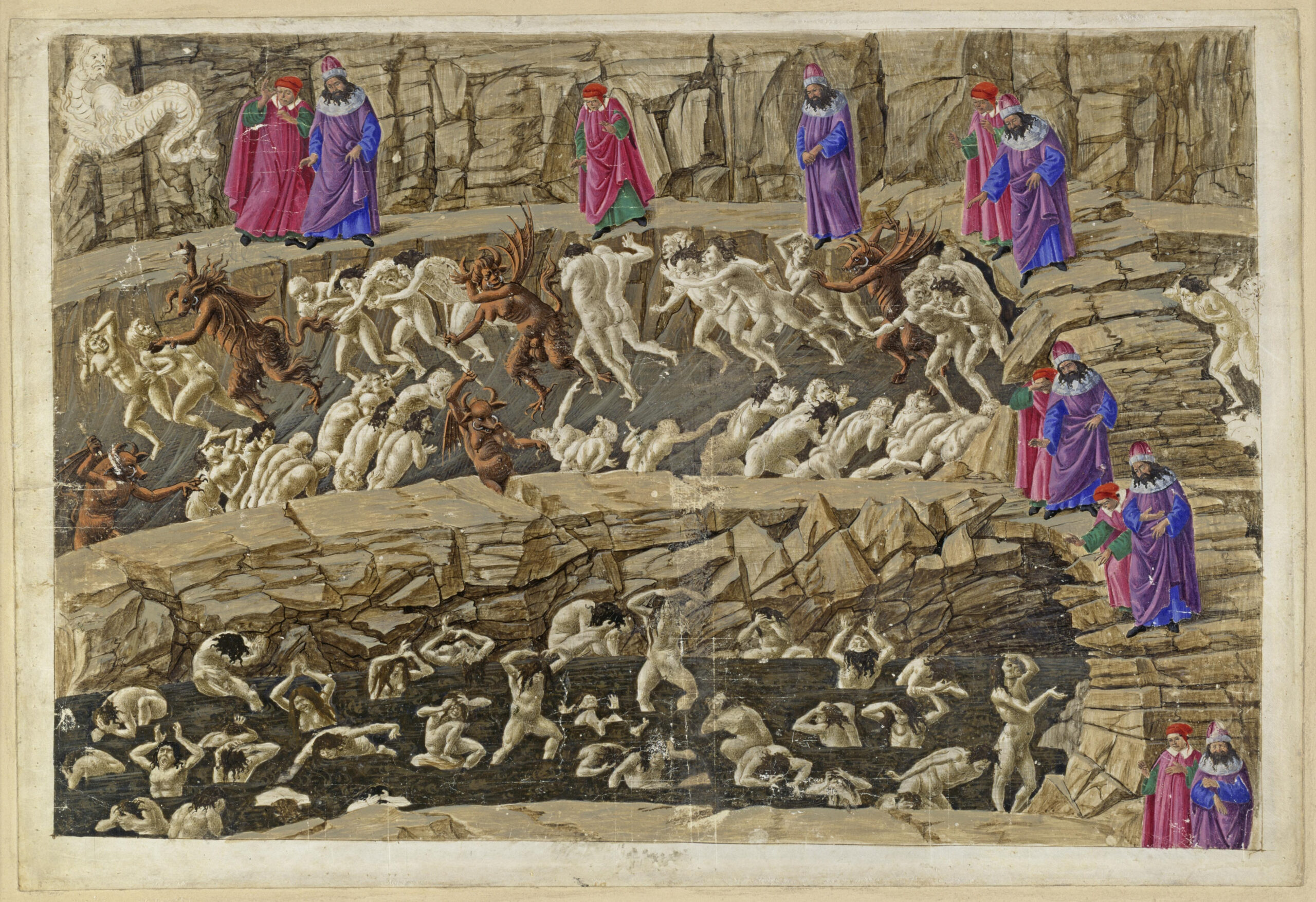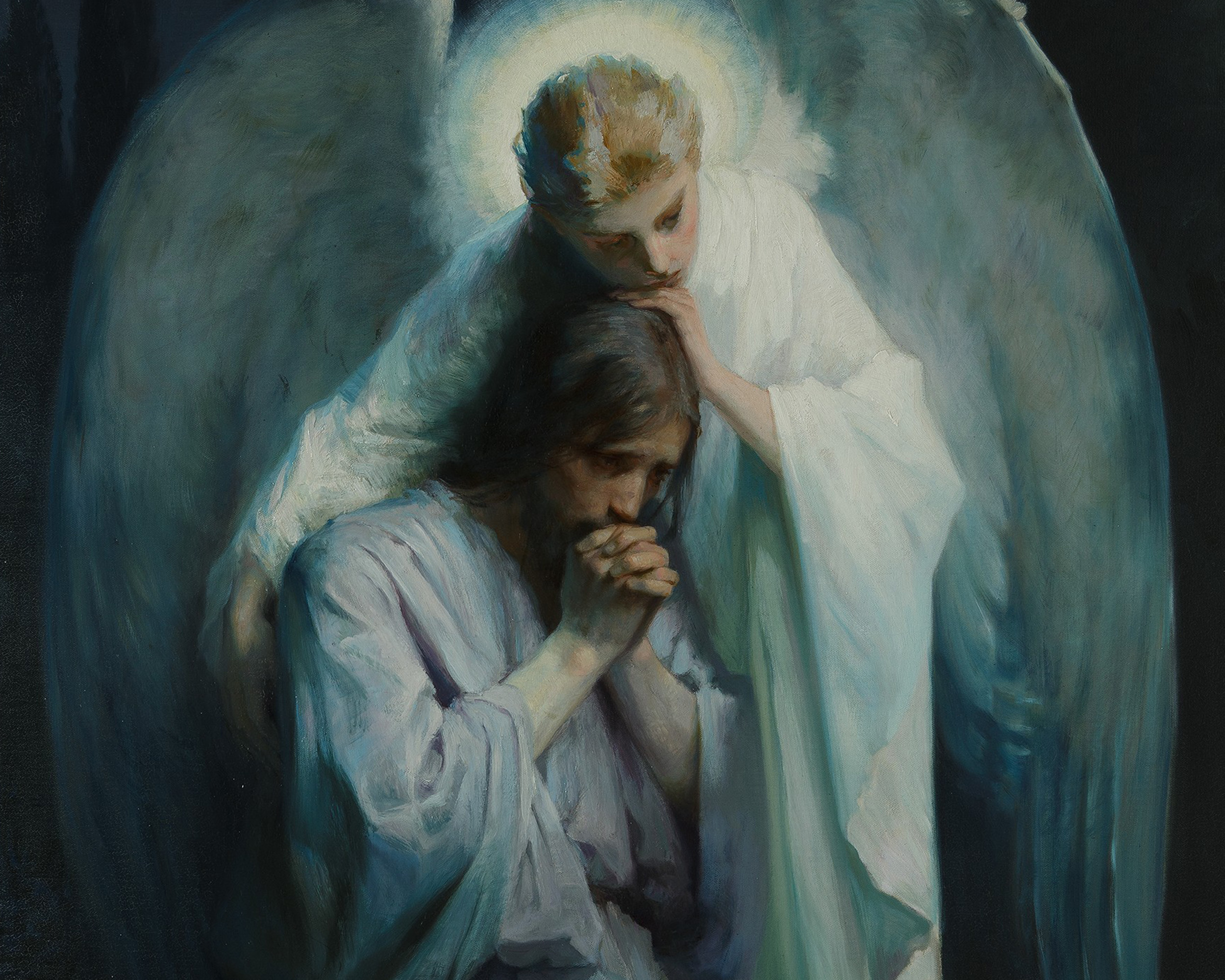“Treason doth never prosper: what’s the reason? Why, if it prosper, none dare call it treason.”
Of Treason by John Harington
Sin is, of course, an act of treason betraying not only God but our neighbors and our true selves. In a culture in which sin has become widespread, it becomes necessary to stop seeing it as sinful and to stop calling it sin. Thus, in a perverse and ultimately diabolical sense, we are now living in a sinless society. It is sinless in the perception of many who fail to see the sinfulness of “normative” behavior, and it is sinless in the sense that those who know such behavior to be wrong dare not call it sinful.
It takes a courageous man to call behavior that has become normative a sin. Cardinal Ratzinger has always been such a man. “People today know of no standard,” he said. “To be sure, they do not want to know of any because they see standards as threats to their freedom.”
Here we can at once say that at the very heart of sin there lies the human being’s denial of his creatureliness, inasmuch as he refuses to accept the standard and the limitations that are implicit in it. He does not want to be a creature, does not want to be subject to a standard, does not want to be dependent. He considers his dependence on God’s creative love to be an imposition from without. . . . Thus the human being himself wants to be God.
When he tries this, everything is thrown topsy-turvy. The relationship of the human being to himself is altered, as well as his relationship to others. The other is a hindrance, a rival, a threat to the person who wants to be God. The relationship with the other becomes one of mutual recrimination and struggle, as is masterfully shown in Genesis 3:8–13, which presents God’s conversation with Adam and Eve. Finally the relationship to the world is altered in such a way as to become one of destruction and exploitation. The human being who considers dependence on the highest love as slavery and who tries to deny the truth about himself, which is his creatureliness, does not free himself; he destroys truth and love.
He does not make himself a god, which in fact he cannot do, but rather a caricature, a pseudo-god, a slave of his own abilities, which then drag him down. So it is clear now that sin is, in its essence, a renunciation of the truth. . . . He is living in untruth and in unreality. His life is mere appearance; he stands under the sway of death. We who are surrounded by a world of untruths, of un-life, know how strong this sway of death is, which even negates life itself and makes it a kind of death.
In the Beginning by Pope Benedict XVI
The culture of death, so brilliantly summarized and characterized by the future pope, is forged in the prideful heart of each one of us. In making ourselves pseudogods, we sacrifice others on the altar that we have erected for the worship of ourselves. We sacrifice not only those who share our guilt but also the blameless ones, our children both born and unborn, and the Blameless One Himself, whom we nail hatefully to the Cross.
The wages of sin is indeed death. It is the death of our fellow sinner, the death of our innocent victims, and the death of our God, but it is also, as Ratzinger proclaims, the death of ourselves. In endeavoring to make ourselves god, we are inevitably dragged down by our own abilities, limitations, and passions. We not only nail God and our neighbor to the Cross, we also nail ourselves to our own self-erected crosses, bleeding to death from our own self-inflicted wounds.
This article is taken from a chapter of Benedict XVI: Defender of the Faith by Joseph Pearce, which is available from TAN Books.









